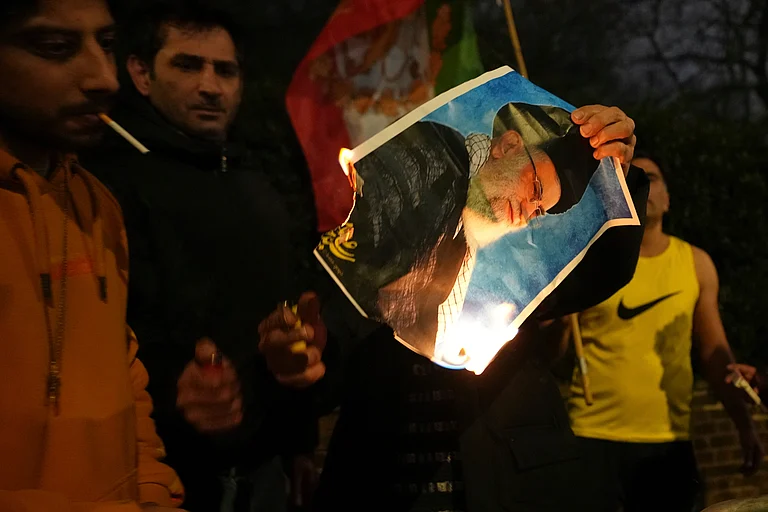UAE airlines Emirates and flydubai have cancelled flights due to "regional unrest" amid escalating tensions in the Middle East. Both airlines have suspended all flights from Dubai to Iraq, Iran, and Jordan.
Additionally, Emirates cancelled flights on Thursday to the UK, Oman, and Kuwait. The airline later announced further cancellations of flights to and from Iraq, Iran, and Jordan on Friday and Saturday.
These disruptions, which began on Wednesday, follow reports from the Israeli military that nearly 200 missiles were fired from Iran into Israel.
Flights to Beirut, Lebanon, have also been impacted. Emirates has extended the suspension of services to and from the city until Tuesday, while flydubai's suspension will last until Monday.
Passengers on these routes are advised to keep an eye on flight updates and be ready for potential last-minute changes.
In a travel update, Emirates stated, “Customers transiting through Dubai with final destinations in Iraq, Iran, and Jordan will not be accepted for travel at their point of origin until further notice.”
“We continue to closely monitor the situation in the region and are in contact with the relevant authorities regarding developments,” the airlines said.
The region is experiencing one of its most dangerous periods in history following Israel's invasion of southern Lebanon, which has resulted in over 1,000 deaths and strikes on densely populated areas, including Beirut.
While Israel claims to be targeting Hezbollah, its attacks have also hit a medical center, killing paramedics, and have resulted in the deaths of dozens of children across Lebanon. Many, including UN Secretary-General António Guterres, are concerned that Israel's incursion into Lebanon could escalate into "another Gaza," where more than 40,000 Palestinians have been killed.
Iran stated that its missile strikes were in retaliation for the assassination of Hezbollah leader Hassan Nasrallah and Revolutionary Guard General Abbas Nilforushan.
On Tuesday evening, the skies were illuminated by dozens of missiles. However, Israel's Iron Dome defense system intercepted many of them, with only one fatality reported — a Palestinian man killed by shrapnel.
Despite international pleas to de-escalate the situation, Israeli authorities have pledged to respond. The rising tensions now cast doubt on the safety of flight routes across the region.
FlightRadar reported that 81 flights were diverted by 16 airlines on Tuesday following Iran’s missile attack.
In response to the rising tensions, Russia has restricted flights to Israel, Iraq, and Iran during specific times.
Popular tourist destinations like Jordan, home to sites such as Petra and Wadi Rum, are located between Israel and Iran. Flight routes in the area could face disruptions if further attacks occur, potentially leading to airspace closures.
Dubai International Airport, the world’s busiest, handles thousands of flights weekly, including many to Middle Eastern airports. The ongoing conflict has already impacted tourism across the region, with many travelers reconsidering the safety of their upcoming trips.




























